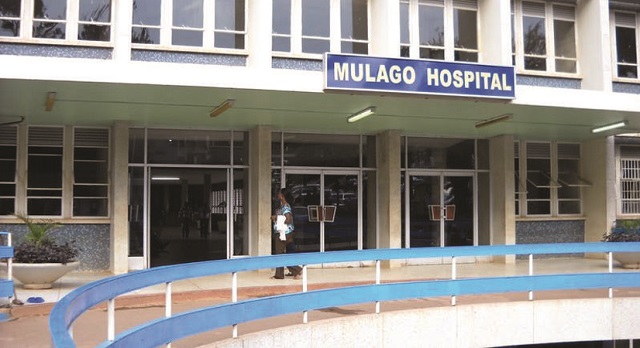
The plan by government to decentralise the management of COVID-19 is a highly welcome one that if implemented, will de-congest and ease the pressure on Regional Referral Hospitals
COMMENT | Walter Akena | On June 11th 2020, Minister of Finance, Planning and Economic Development Hon. Matia Kasaija delivered the Budget Speech for FY 2020/2021 under the theme; “Stimulating the Economy to safeguard Livelihoods, Jobs, Businesses and Industrial Recovery” in which he highlighted the economic policy underlying the budget estimates.
During the address, the Minister announced an Economic Stimulus and Growth Strategy that Government will implement commencing next financial year and in the medium term. It is aimed at improving wellbeing of Ugandans, boosting economic transformation and finally, improving peace, security and good governance.
In pursuit of improving the wellbeing of Ugandans, the Minister said, Government has identified interventions that included enhanced healthcare provision.
Government has said it will strengthen the health systems in order to particularly deal with the COVID-19 pandemic and other similar epidemics that may occur in the future.
The Finance Minister stated that Government will prioritize the purchase of Personal Protective Equipment (PPE) while additional funding will be provided to increase Intensive Care (ICU) beds at National and Regional Referral Hospitals.
The Minister further said that funding will be availed to procure COVID-19 test kits and other materials in order to curb the spread of the virus and ensure readiness for possible secondary waves of infections, if they should occur. He added that government will enhance surveillance and decentralisation of management of the Corona Virus in the country.
The plan by government to decentralise the management of COVID-19 is a highly welcome one that if implemented, will decongest and ease the pressures on Regional Referral Hospitals.
Apparently, testing and management of COVID-19 patients is highly centralised.
Tests for COVID-19 for instance, were initially exclusively done by Uganda Virus Research Institute Entebbe (UVRI). It was only recently that the country received two mobile test kits that have been stationed at two border points; and accredited Makerere University and the Center for Public Health Laboratory to carry out COVID-19 tests.
This means that the over two thousand samples across the country have to be tested by one facility which becomes overwhelming. Results from the UVRI take at least 24 hours before they can be released because of the huge volume of samples received at the facility daily.
The confirmed cases on the other hand, are being managed at Entebbe Grade B Hospital, Mulago National Referral Hospital and the 14 regional referral hospitals and the impact has been overwhelming for some of the hospitals.
Gulu Regional Referral Hospital for instance was at one moment reported to be managing 71 cases albeit having only a 10 bed holding capacity in the COVID-19 isolation unit. Ministry of Health had to improvise a makeshift isolation unit at the premises of Gulu College of Health Sciences to enable the hospital handle the excess number.
It should be noted that within the Acholi Sub-region (which is the catchment region for Gulu Regional Referral Hospital), there are six government health facilities whose capacities can be enhanced to manage coronavirus disease like; Kitgum Government Hospital, Padibe HCIV (Lamwo District), Atiak HCIV (Amuru District), Anaka Hospital (Nwoya District), Lalogi HCIV (Omoro District), Pajule HCIV (Pader District) and the UPDF 4th Division Military Hospital (Gulu District).
There are also other Private not for Profit health facilities that have often been supported through Primary Health Care (PHC) funding like St. Mary’s Hospital Lacor (Gulu District), Dr. Ambrosoli Memorial Hospital (Agago District) and St. Joseph’s Hospital (Kitgum District).
Assuming that these health facilities were managing equal share of the 71 confirmed cases at Gulu Regional Referral Hospital, each would be managing an average of 7 cases which is within the holding capacity of Gulu Regional Referral Hospital and that means Gulu Regional Referral Hospital would not be over stretched.
If all the 155 hospitals in the country were empowered with equipment and human resources, and the management of Covid-19 cases was decentralised, each of the hospitals would be managing an average of four cases of the currently active 603 cases. Four cases is a manageable number for any hospital without any of the hospitals being overwhelmed.
*****
 Walter Akena is the writer is a Project Officer Local Government Council Scorecard Initiative at ACODE
Walter Akena is the writer is a Project Officer Local Government Council Scorecard Initiative at ACODE
 The Independent Uganda: You get the Truth we Pay the Price
The Independent Uganda: You get the Truth we Pay the Price





